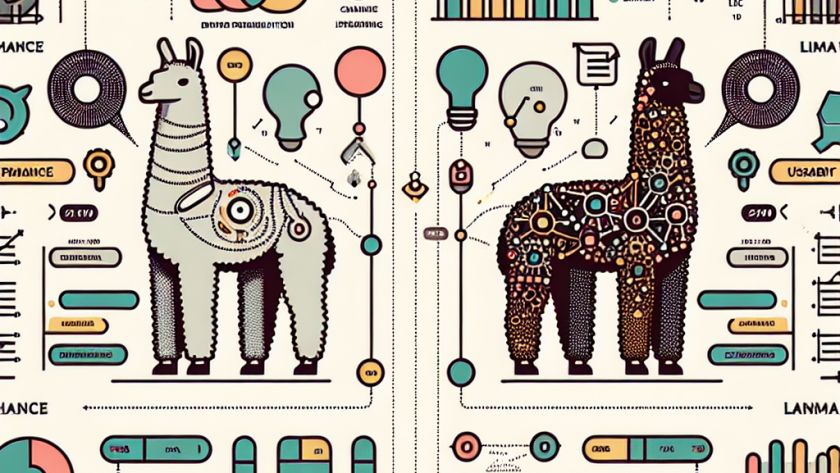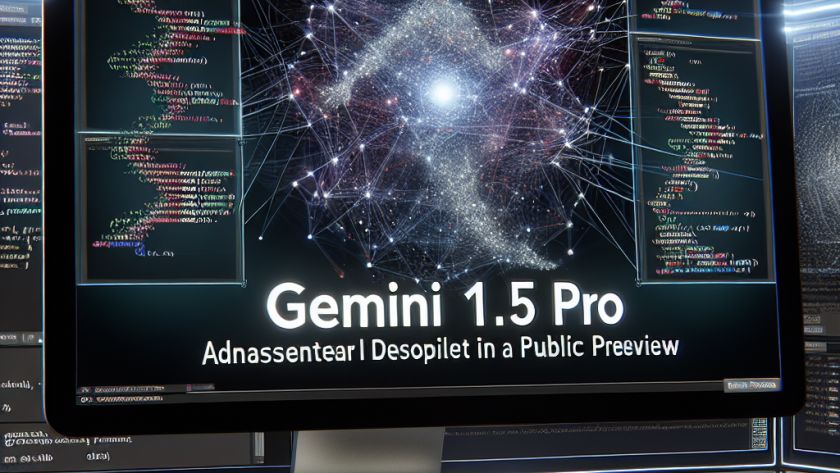The development of Large Language Models (LLMs) has depicted significant progress in the field of artificial intelligence, particularly in generating text, reasoning, and decision-making in a manner resembling human-like abilities. Despite such advancements, achieving alignment with human ethics and values remains a complex issue. Traditional methodologies such as Reinforcement Learning from Human Feedback (RLHF) have…












